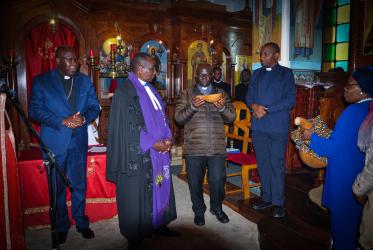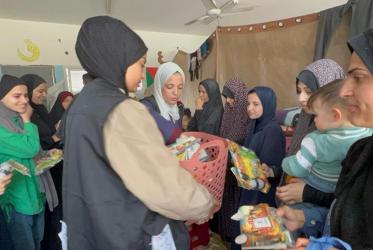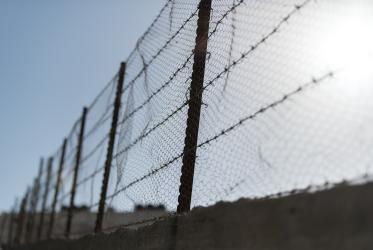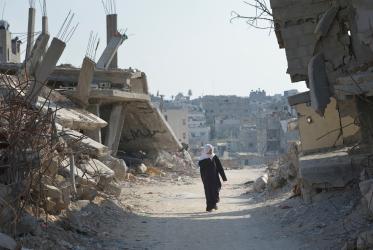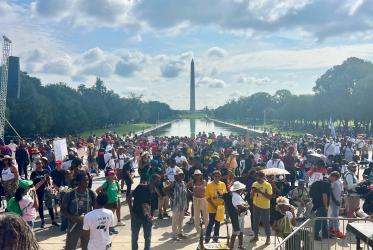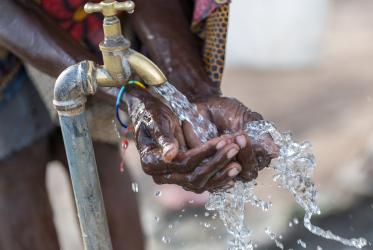Displaying 1 - 20 of 187
Words of steadfastness ring from the rubble
21 March 2024
Christians in Kenya mark Week of Prayer for Christian Unity
23 January 2024
WCC calls for immediate end to brutal violence in Gaza
30 December 2023
Displaced people south of Gaza face extreme difficulty
21 December 2023
Violence against Palestinians is rising in the West Bank
16 November 2023
Churches march in New York City to declare no faith in fossil fuels
18 September 2023



